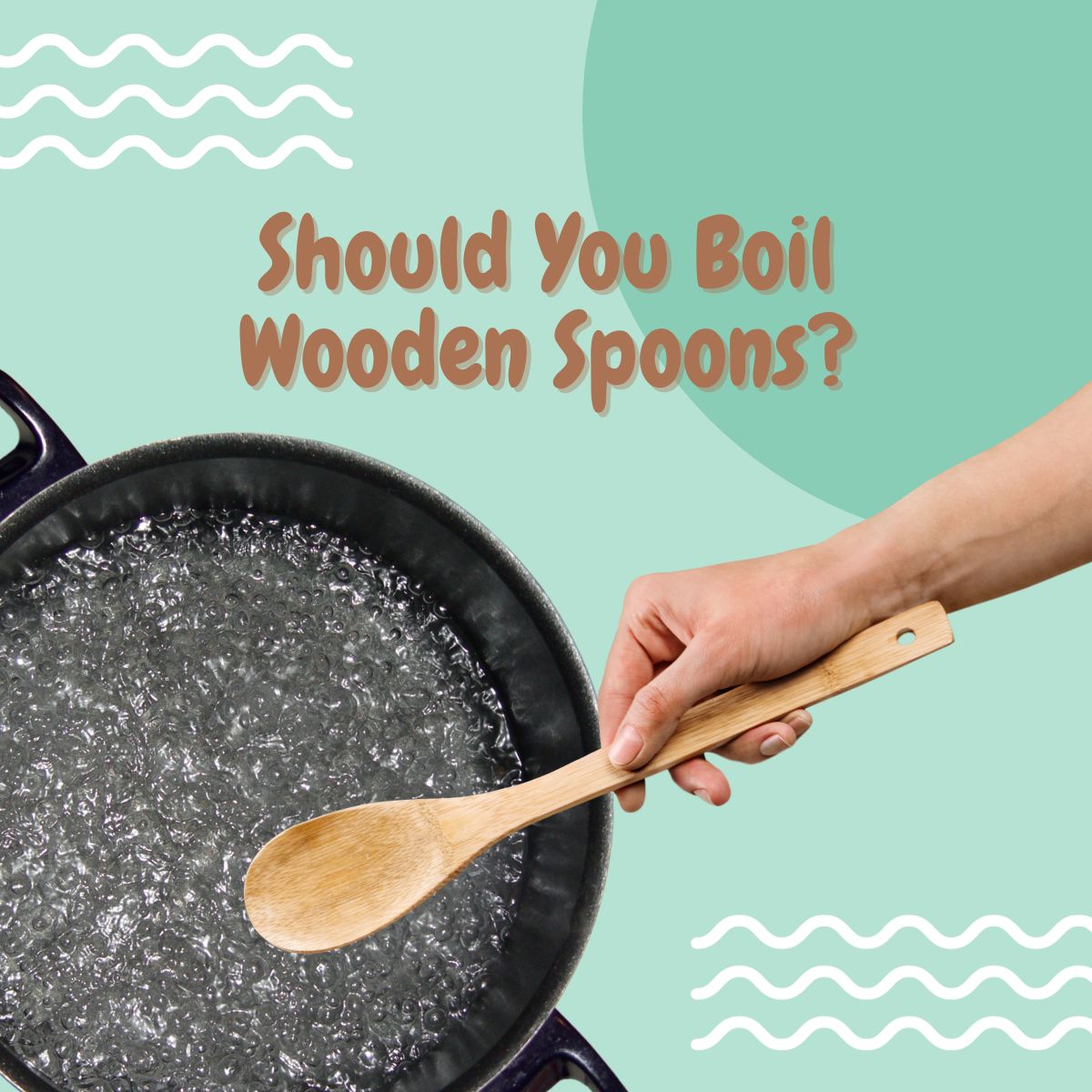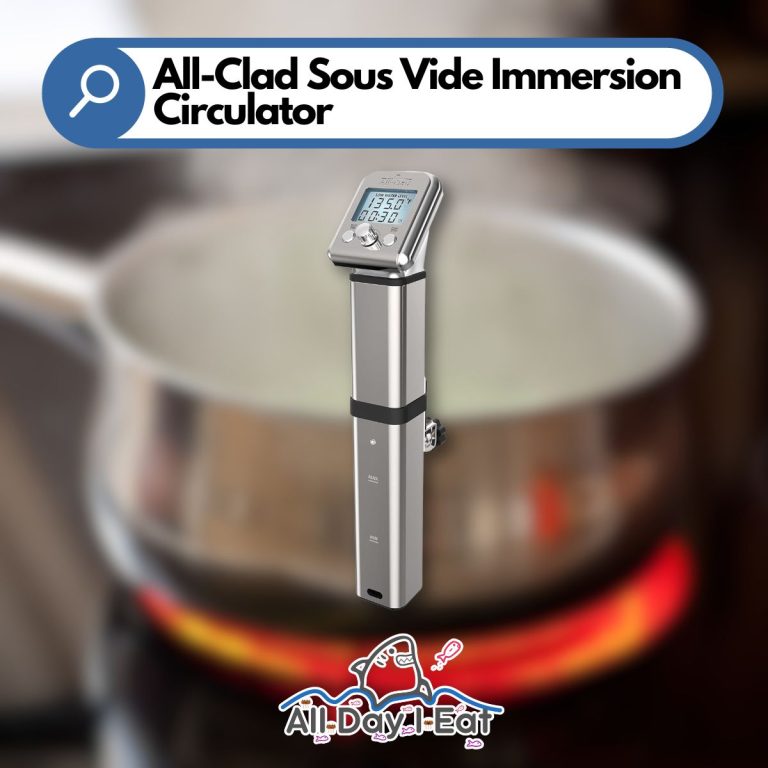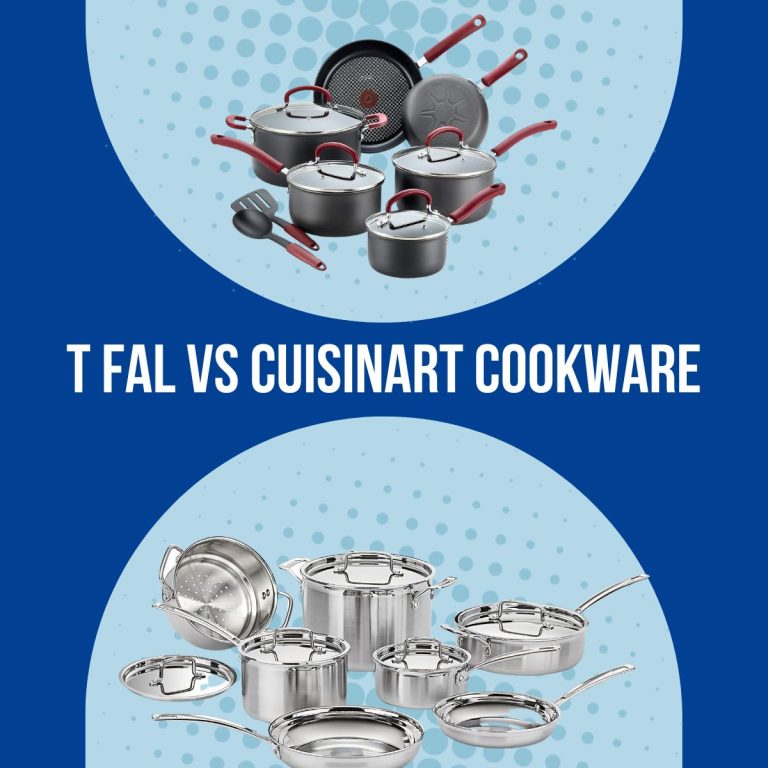Should You Boil Wooden Spoons? Find Out the Answer
Have you ever asked yourself, “Should you boil wooden spoons?” Find out the benefits and potential risks of this cleaning method, as well as alternative ways to keep your wooden spoons clean.
In this article, we’ll guide you on how to properly boil your spoons and offer considerations for choosing the right ones.
Stay informed, make the best decision for your kitchen utensils, and answer the question, “Should you boil wooden spoons?”.
Key Takeaways on “Should You Boil Wooden Spoons?”
- Boiling wooden spoons can sanitize them by killing bacteria and removing lingering odors and flavors.
- However, there are potential risks such as warping, cracking, and leaching of chemicals into food.
- Alternative methods like soaking in vinegar or using hot, soapy water can effectively clean wooden spoons without boiling.
- When choosing wooden spoons, opt for hardwoods like beech or maple, and consider features like a wide, shallow bowl and a sturdy handle.
Benefits of Boiling Wooden Spoons
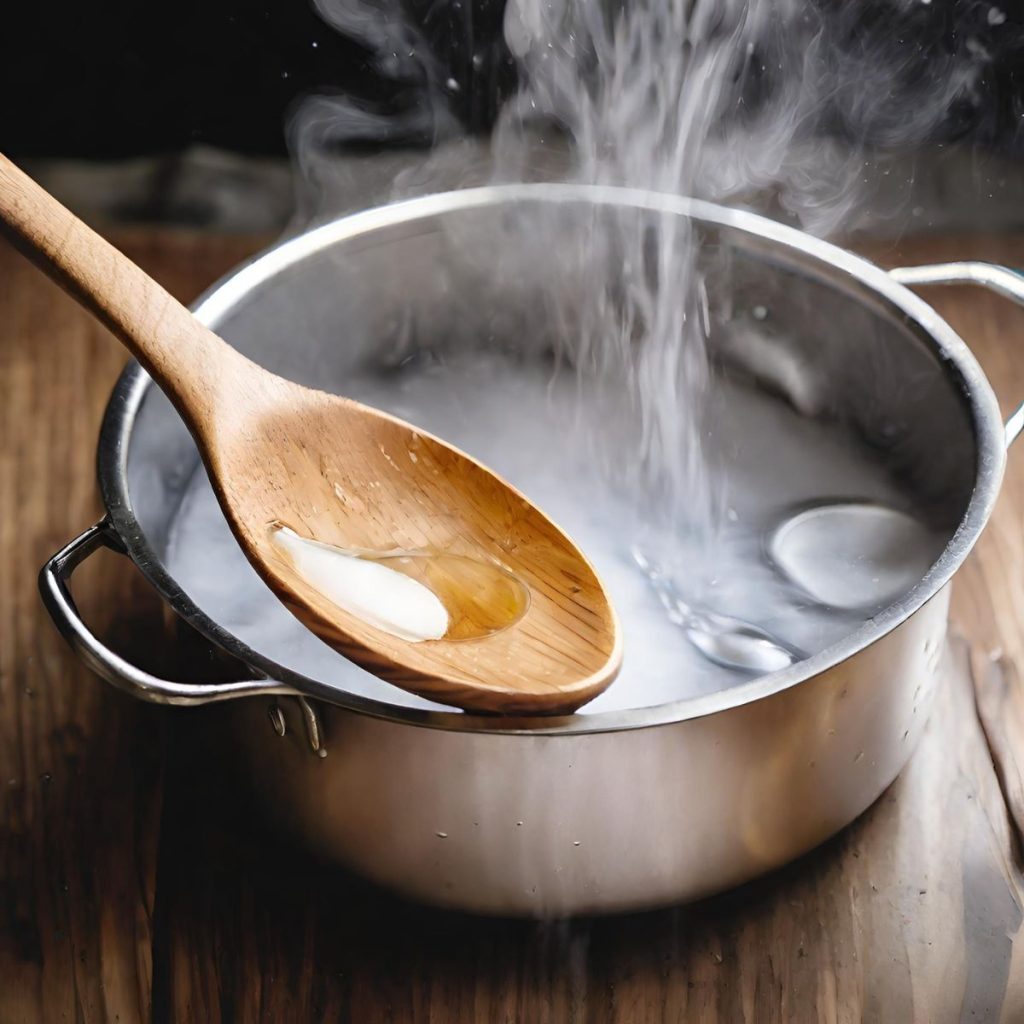
Should you boil wooden spoons? Well, scientifically, boiling wooden spoons offers several advantages.
When you boil wooden spoons, it helps to sanitize them by killing any bacteria that may be present. This is especially important if you use your wooden spoons for cooking or stirring hot foods.
Boiling also helps to remove any lingering odors or flavors from the spoons, ensuring that your food tastes as it should.
Additionally, boiling can help to soften the wood, making it less likely to splinter or crack over time.
It’s important to note that not all wooden spoons can withstand boiling, so it’s necessary to check the manufacturer’s instructions before attempting this method.
Potential Risks of Boiling Wooden Spoons

While boiling wooden spoons can offer benefits such as sanitization and removal of odors, there are potential risks that should be considered. It’s important to be aware of these risks in order to make an informed decision about whether or not to boil your wooden spoons.
Some potential risks of boiling wooden spoons include:
- Damage: Boiling wooden spoons can cause them to warp, crack, or split, reducing their lifespan and effectiveness in the kitchen.
- Bacteria growth: Boiling wooden spoons may not completely eliminate all bacteria, especially if the spoon has deep grooves or cracks where bacteria can hide.
- *Solution*: Consider using alternative methods like soaking in a vinegar solution or using hot, soapy water to ensure proper sanitation.
- Leaching of chemicals: Boiling wooden spoons may cause chemicals from the wood, such as natural oils or finishes, to leach into the food.
- *Solution*: If you’re concerned about chemical leaching, opt for stainless steel or silicone utensils for higher-temperature cooking.
Alternative Methods for Cleaning Wooden Spoons
So, should you boil wooden spoons? That’s definitely up to you, but if you want to clean your wooden spoons without boiling them, try using alternative methods that can effectively work the same.
One option is to soak the spoons in a mixture of white vinegar and warm water. This natural solution helps kill bacteria and eliminates any unwanted smells.
Another method is to rub the spoons with lemon juice and salt. The acidity of the lemon juice helps sanitize the spoons, while the salt acts as a gentle abrasive to remove stains.
For tougher stains, you can create a paste using baking soda and water, then scrub the spoons with a soft brush or cloth.
Remember to rinse the spoons thoroughly after cleaning and allow them to air dry completely.
How to Properly Boil Wooden Spoons
To properly sanitize your wooden spoons, you should bring a pot of water to a boil and immerse the spoons in the boiling water. Follow these steps to ensure you do it correctly:
- Fill a large pot with enough water to fully submerge the wooden spoons.
- Place the pot on the stove and turn the heat to high.
- Wait for the water to reach a rolling boil.
- Once the water is boiling, carefully lower the wooden spoons into the pot.
- Let the spoons boil for at least 10 minutes to ensure proper sanitization.
- After the time is up, use tongs to remove the spoons from the pot.
- Place the spoons on a clean towel or drying rack to air dry completely before using them again.
Considerations for Choosing the Right Wooden Spoons
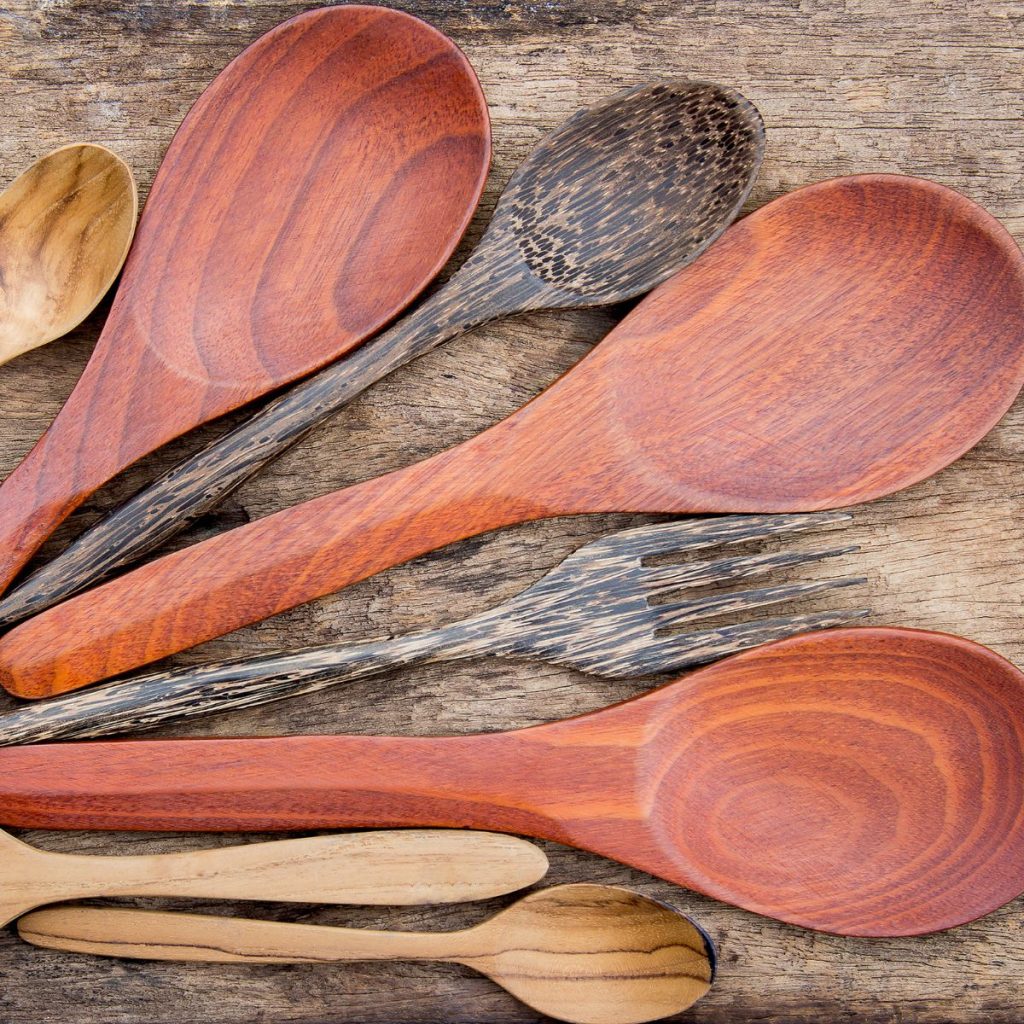
When choosing the right wooden spoons, consider the material, shape, and handle design.
The material of the spoon is important as it affects its durability and functionality. Look for spoons made from hardwoods like beech, maple, or cherry, as they’re sturdy and resistant to splitting or warping. Avoid softwoods like pine or cedar, as they can easily break or absorb odors and flavors.
The shape of the spoon should be ergonomic and comfortable to hold. Look for spoons with a wide, shallow bowl for scooping and stirring and a tapered edge for scraping the sides of pots and pans.
The handle design should be sturdy and provide a good grip. Look for spoons with a long handle for reaching into deep pots and a comfortable grip that won’t strain your hand.
That’s it. I hope this article answers your question, “Should you boil wooden spoons?”.

